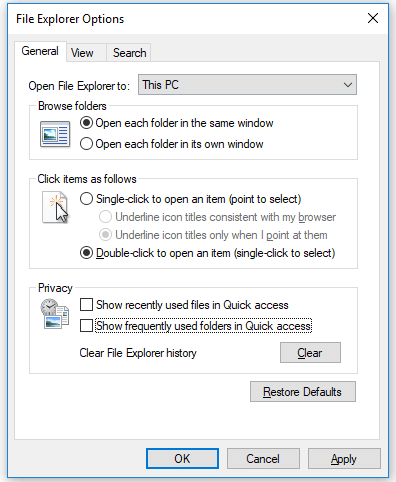

Unfortunately, not all software developers follow the strict guidelines for writing the code. Symantec anti-virus adds “Scan for Viruses…” option and lots of utilities add options for users’ convenience. Various programs can add their own context-sensitive commands, in addition to the default cut, copy, delete, rename, etc. For example, the handler is responsible for the context-menu commands that you see when you right-click a folder. Basically, a Context Menu handler is a handler that adds shell extensions to the Context Menu. The symptoms that you’ve described are usually caused by a bad Context Menu handler. Specify this in your message, but submit the requested When you send your questions, please include yourįull first and last name, location, certifications (ifĪny) with your message. The questioner with a nifty baseball-style The best questions get answered in this column and garner Your dilemma in an e-mail to the editors Or need troubleshooting help? Or maybe you want a betterĮxplanation than provided in the manuals? Describe Got a Windows, Exchange or virtualization question Short of reinstalling Windows XP, what else can I do to solve this problem? I can right-click and open a single file but when I right-click multiple files and try to open them at once, nothing happens. I’ve also noticed some other weird behaviors.

My anti-virus program is also up to date and I have all the latest and greatest patches from Windows Update. We are sorry for the inconvenience." I’ve used 4 different anti-spyware programs to make sure my system is clean. Whenever I right-click a folder, I get the following error, "Windows Explorer has encountered a problem and needs to close. I'm experiencing Explorer crashes on my Windows XP Professional SP2 computer. Windows Explorer behaves badly when bringing up context menus or doing other right-clicking tasks.


 0 kommentar(er)
0 kommentar(er)
